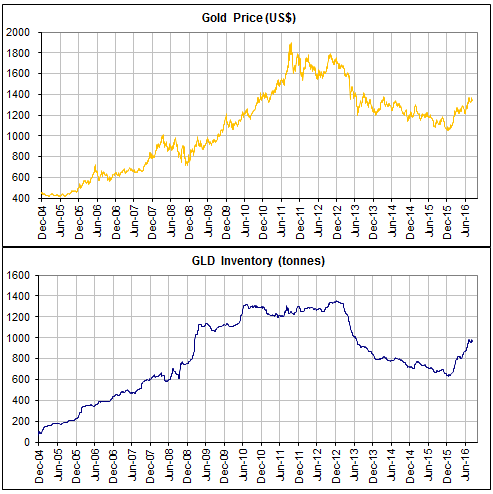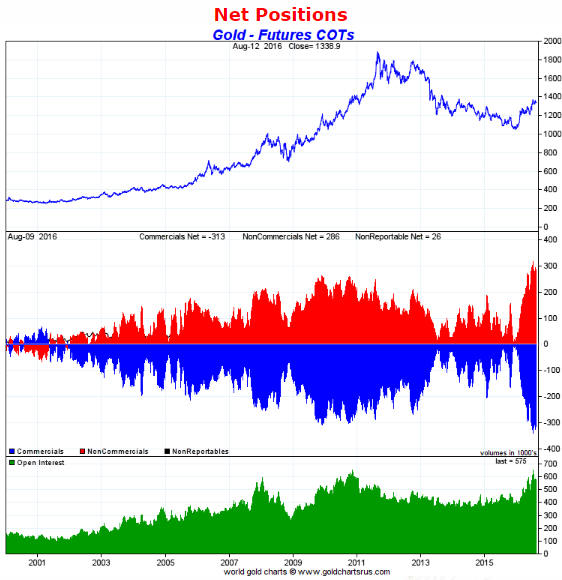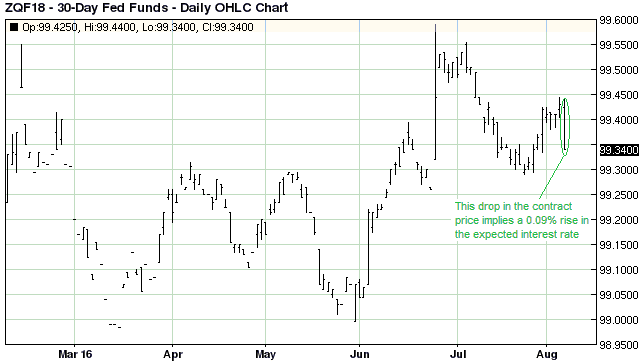There are certain phrases or ways of using/displaying words in written English that I find annoying. Here is an incomplete list of these minor annoyances:
1) Saying “literally” when what is really meant is “figuratively”
For example: “When Jim’s boss found out that the report was a week late, he literally exploded.” No, he didn’t literally explode (the room didn’t end up being covered in the boss’s blood and body parts); he got very angry. For another example: “Jane was literally swept off her feet by the charming man.” No, the man didn’t assault Jane with a broom; he used words to figuratively sweep her off her feet.
2) Saying “could” when “couldn’t” is what’s really meant
This is something that people from North America tend to do, most often in the “could/couldn’t care less” context.
When someone says “I could care less” they are saying that they care at least a little bit, which is the opposite of what they mean. The correct wording is: “I couldn’t care less”.
3) Writing “the proof is in the pudding”
This makes no sense. The correct saying is “the proof of the pudding is in the eating”.
4) Writing “personally, I”
Although it is probably not grammatically incorrect, I find it slightly irritating when someone writes “Personally, I…” or anything else that involves putting the word “personally” before or after “I” or “me”. As soon as you use “I” or “me”, the “personally” is implied.
5) Writing “she” to mean “he/she”
Writing “he/she” is a little clumsy. The correct alternative is to write “he”. Using “she” as the abbreviation for “he/she” is a blatant attempt by the author to be politically correct, and political correctness in all of its guises is annoying.
6) Replacing letters with asterisks
I have no problem with swearing. Words are just sequences of sounds and no sequence of sounds is inherently more offensive than any other sequence of sounds. Also, social conventions are constantly changing such that words that were considered profane in the past are no longer considered so and words that are considered profane today will not be considered so in the future. For example, the terms “dark meat” and “white meat” in reference to parts of a chicken or turkey started being used in Victorian times because in that period the words “breast” and “thigh” were widely viewed as vulgar.
That being said, many people are offended by swear words. That’s why I never swear in blog posts and rarely swear in my private life. However, some people apparently believe that they can swear without really swearing by simply replacing some of the letters in the ostensibly offensive word with asterisks. But if the word that is being ‘concealed’ with asterisks is still obvious, which it always is, then how is using the asterisks anything other than an insult to the reader’s intelligence?
Either swear properly or don’t swear at all. Don’t insult my intelligence by inserting asterisks in part of what you believe to be an offensive word.
 Print This Post
Print This Post



